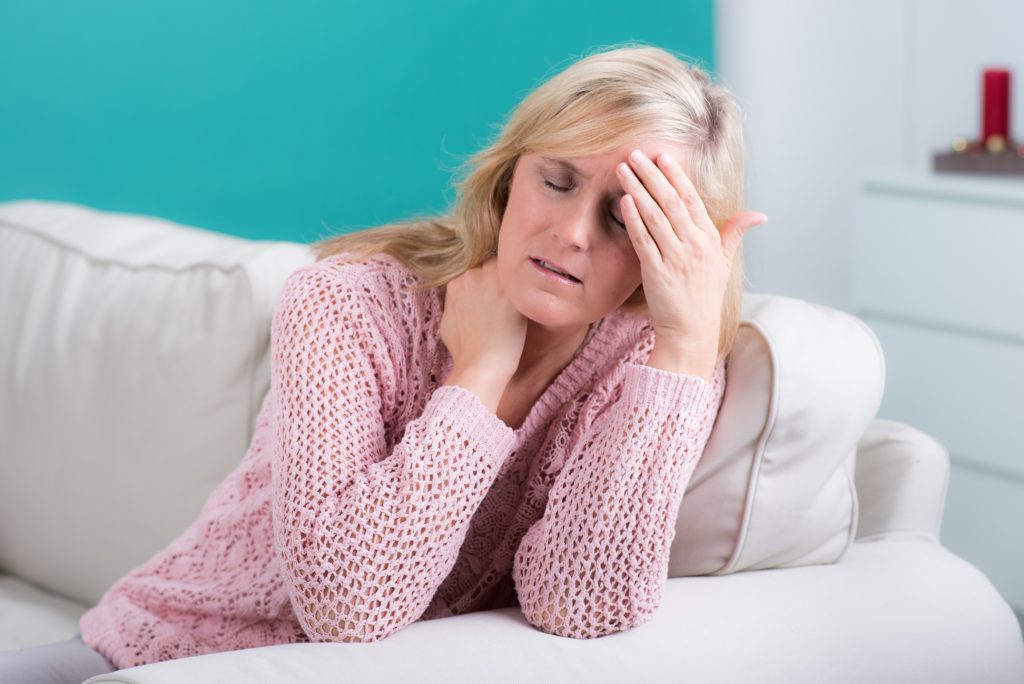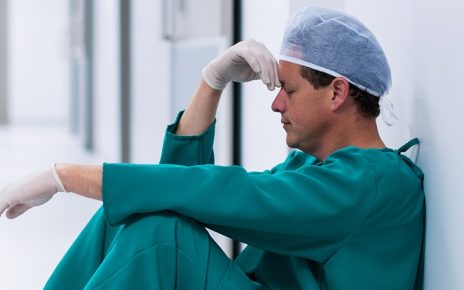Increased risk for dementia due to the late beginning of the period?
Researchers found now that the time of the occurrence of the period and the menopause may indicate to women at increased risk for dementia. If in the case of women, the period starts late or come in early in the menopause, is associated with an increased risk for the development of dementia.
In the current study of the U.S. health company Kaiser Permanente, it was found that women who get late your period or the menopause can start early, have a significantly increased risk for dementia. The results of the study were published in the English journal “Neurology”.

More than 6,000 women were examined for the study
When women have their first menstrual cycle at the age of 16 years or even later, and increases your likelihood of dementia by almost 25 percent. Those in front of the 47. The age of came in the change of years, had become ill with a nearly 20 percent higher risk of dementia. The Affected experience a decline in cognitive and physical abilities and behavior. For the moment there is still no cure for the disease. It is important to examine the women-specific risk factors of exactly what to possible intervention could lead to points, explain the authors of the study. In the current study, more than 6,000 female participants were taken into account. These women were medically examined and filled in additional questionnaires in which, for example, was determined when you had your first period, whether or not they had already gone through menopause and whether you have a so-called hysterectomy was carried out. Then, the researchers calculated the number of reproductive years of every Participant. About 42 percent of women sufferers in later life dementia.
Number of reproductive years may point to dementia risk
The researchers found that women who started their first period at the age of 16 years or later, to 23 percent more likely to have dementia than women, in which the period occurred at the age of 13 years. In addition, the results showed that women, in front of the 47. The age of the menopause came, and a 19 percent higher probability of had of developing dementia than women who only after the 47. The age of the menopause. When it came to the whole of the reproductive years, the years of the first period to Menopause, had women with less than 34 years, a 20 percent higher likelihood of developing dementia. In addition, women who had undergone hysterectomies (removal of the uterus) had an eight percent higher risk for dementia than women with no such intervention is made. Women should not now consider this risk as a reason to decide against a hysterectomy.
Estrogen may have an impact on the risk for dementia
Although the researchers are not sure why a shorter reproductive window with a higher risk for dementia is connected, assume that hormone levels may play a role. Previous research work have already shown that Estrogen stimulates the energy consumption and has anti-inflammatory properties. Estrogen levels can rise during the entire life of a woman or fall off. The results show that a lower exposure to Estrogen is associated in the course of life with an increased risk for dementia, the authors explain. However, further studies would be needed to take account of factors that influence the levels of Estrogen, such as birth control and pregnancies.
So you protect yourself from dementia
To protect against the development of dementia, you should move sufficient, and sports. You should also pay attention to a healthy diet and necessarily socially and mentally active. It has not been demonstrated that these factors reduce the risk for dementia, but they also have other positive effects on your life and your health. (as)



